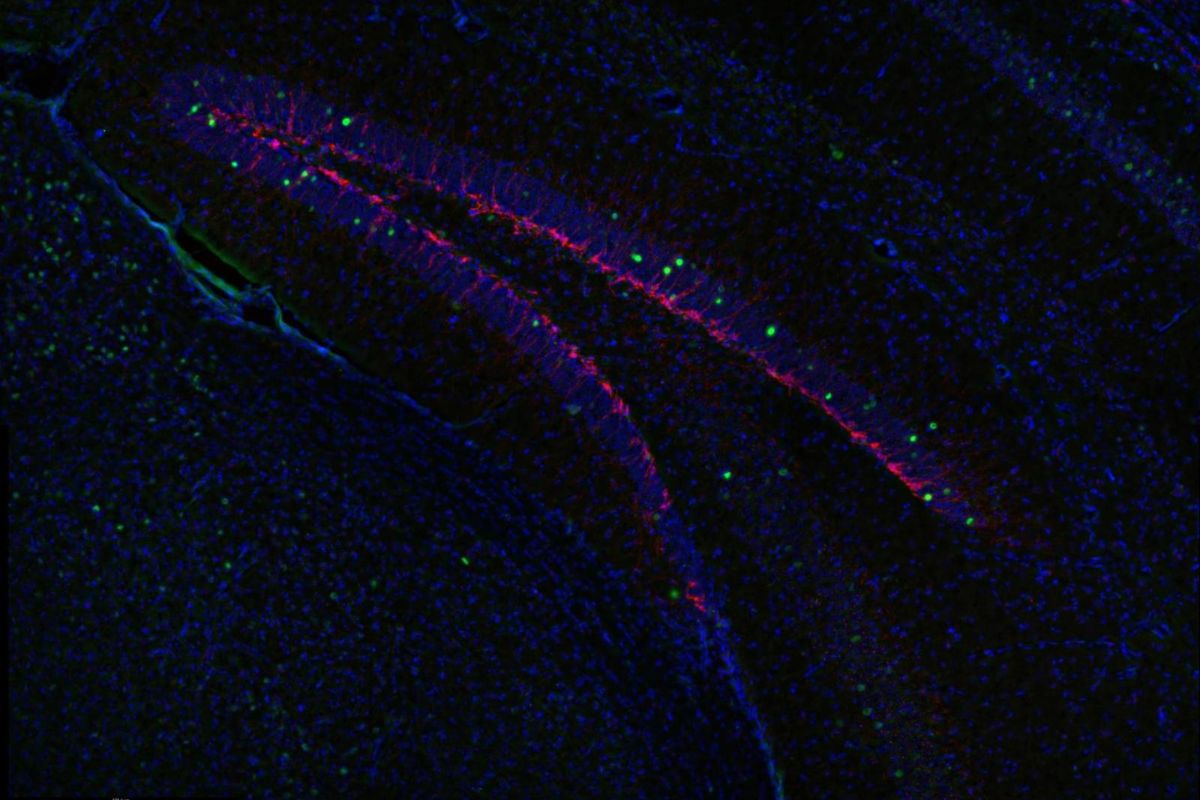Mealtime for families with young kids can be a roller coaster. But those seemingly trivial battles – whether it’s about the vegetables or eating too much – can loom large later on.
According to a new study out of Canada, overeating patterns in early childhood – especially among girls – can augur anxiety, hyperactivity, and impulsivity by the time those kids hit adolescence.
The research, published in BMC Pediatrics, followed more than 2,000 children in Quebec from their time as toddlers to their teens. The researchers identified trends that suggest that overeating in young children could serve as an early behavioral marker of mental-health challenges, particularly those linked to attention deficit hyperactivity disorder (ADHD).
By contrast, picky eating – every parent’s frustration – doesn’t seem to mean much in terms of foreshadowing future issues.
From A Toddler’s Table to A Teenager’s Brain
The researchers tracked participants from age 2.5 to 6 and reassessed them at 15. Mothers reported their children’s eating behaviors during the preschool years, while teenagers later completed standardized assessments of mental health.
The researchers identified three distinct “trajectories” of overeating:
- Early-onset overeating (14.1%) – Children who started eating excessively as toddlers.
- Late-onset overeating (24.3%) – Children whose overeating habits emerged closer to kindergarten age.
- Never-displayed overeating (61.6%) – The majority who showed no persistent overeating.
Picky eating, however, followed a different pattern:
- High level (7.1%) – Kids who exhibit repeatedly selective behavior at mealtime.
- Mid-level (37.4%) – Children with moderate, yet consistent, pickiness.
- Low level (55.5%) – Children generally unfussy about food.
Unlike overeating, picky eating habits tended to remain stable over time.
“Occasional overeating is normal, but if a child frequently overeats, it can be a sign of emotional struggles,” senior author Linda Booij, Professor in McGill’s Department of Psychiatry and clinician-scientist at the Douglas Eating Disorders Continuum and Research Centre, explained. “The answer isn’t restriction. In fact, strict control can make things worse and even increase the risk of disordered eating. Instead, parents and caregivers should also pay attention to children’s emotional well-being.”
What the Teen Years Revealed
Years later, when those same participants turned 15, researchers questioned them for symptoms of anxiety, depression, ADHD, conduct disorder, and social issues. What they uncovered was a clear fracture between the sexes.
Teen girls who’d shown overeating behaviors as kids appeared to be more likely to report anxiety, hyperactivity, and impulsivity as adolescents. Boys, on the other hand, displayed no such connection.
Additionally, picky eating didn’t seem to show any significant tie to later mental health symptoms. This finding echoes earlier research suggesting that pickiness might be more of a nuisance than any real harbinger of later psychiatric problems. Although the researchers insisted that it can overlap with conditions such as autism spectrum disorder in some cases.
Why Overeating? Why Not Pickiness?
The authors point to two potential explanations. First, children who overeat may struggle with inhibitory control, making it harder for them to regulate their impulses, generally speaking. Second, emotion dysregulation – turning to food as a comfort – might connect overeating to anxiety or ADHD symptoms later in life.
The sex differences raise additional questions. Why would girls, but not boys, show this connection?
“It could be that parents may sometimes monitor girls’ eating more closely than boys’, and restrictive environments could be linked to increased risk of disordered eating later in life. The social context around girls’ eating habits may partly explain why overeating is linked with later difficulties for them,” she said.
The findings complicate some lingering misconceptions about childhood eating. While we tend frame overeating as the path to obesity, we tend to classify pickiness as a dietary red flag. This study suggests that the psychological dimension of overeating – especially for girls – might demand more scrutiny.
Caveats
The study’s strength lies in its duration – and scale. Even so, the authors warn against drawing gross generalizations from the data. The mothers reported the eating behaviors were reported by mothers, subjecting to the data to potential bias – conscious or otherwise.
And the questionnaire the authors relied on was a short one, which might have limited just how well it could distinguish between types of eating behaviors.
Finally, even though the team relied on a large community-based sample, the effect sizes they identified appeared to be relatively modest.
Future research, the authors advise, should include clinical populations, more nuanced measures of eating, and earlier assessments of mental health.
No Time To Panic
The authors reiterate that, of course, not every child who overeats will go on to develop ADHD or anxiety. Most participants who displayed overeating behaviors never reported any major problems later on. But the patterns do leave some breadcrumbs for pediatricians, teachers, and parents to follow.
Most parents, and even some psychiatric professionals, are quick to dismiss childhood eating issues as fleeting. But this study underscores their potential as windows – if sometimes foggy ones – into long-term psychological health. For parents, it’s less about making them finish the broccoli and more about observing patterns, listening to what they’re saying, and paying attention to behaviors that might suggest that something more than an appetite is at work.
Further Reading
New Insights Into Eating Disorders
Could Biology Explain Why Girls Are More Prone to Depression?



